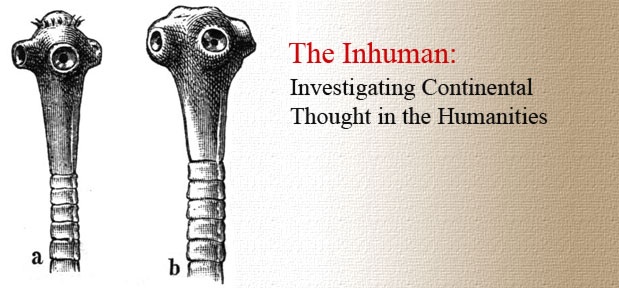CANADIAN GHOSTS AND THE WILL TO TRUTH: READING MARLENE NORBESE PHILIPS’ LOOKING FOR LIVINGSTONE
DOI:
https://doi.org/10.25071/1718-4657.36728Abstract
While the ghost may be a device for resolving past issues in literature, its presence in the archive is central to Derrida’s critical approach in Archive Fever. Presenting this paper at an international colloquium “Memory: The Question of the Archives” at Freud’s own archive, Derrida considers Yerushalmi’s dialogue with the ghosted Freud as the desire that drives the archive: “… hauntedness is not only haunted by this or that ghost,… but by the spectre of the truth which has thus been suppressed” (Derrida 1998: 87). For Derrida, truth is a trace as elusive as “ash,” untouchable but always recognizable in its absence, enforcing the Freudian trust in memory as true in part, the search for which, Derrida claims, inspires a sort of illness; thus, the fever of the archive. Derrida recognizes that remembering and repeating are central to the archive as an injunction to bear witness to the past which, according to Derrida, is a responsibility not to those who have passed,but for those who will read in the future.1 Nietzsche’s understanding of the will to truth as that which perpetuates the assumption that truth exists can be understood as implicit to the endlessly repeated aporia of Derrida’s ghost (Nietzsche 1956: 288). This spectre is made visible by the will to truth of a witness for specific future time and place.Published
2008-10-04
How to Cite
Principe, C. (2008). CANADIAN GHOSTS AND THE WILL TO TRUTH: READING MARLENE NORBESE PHILIPS’ LOOKING FOR LIVINGSTONE. ETopia. https://doi.org/10.25071/1718-4657.36728
Issue
Section
Articles

